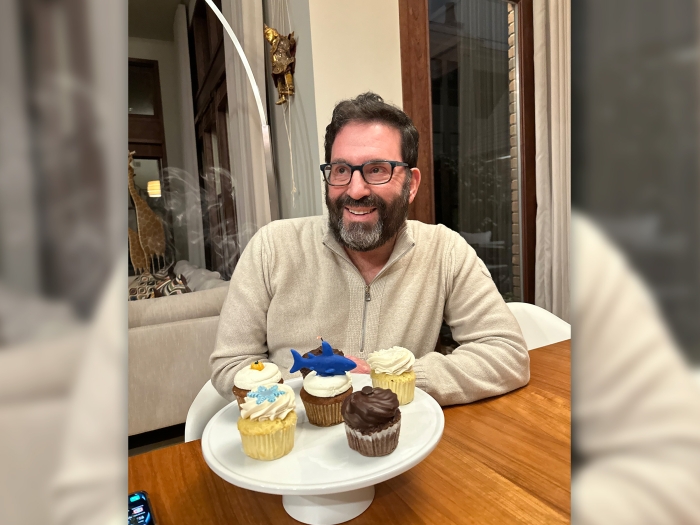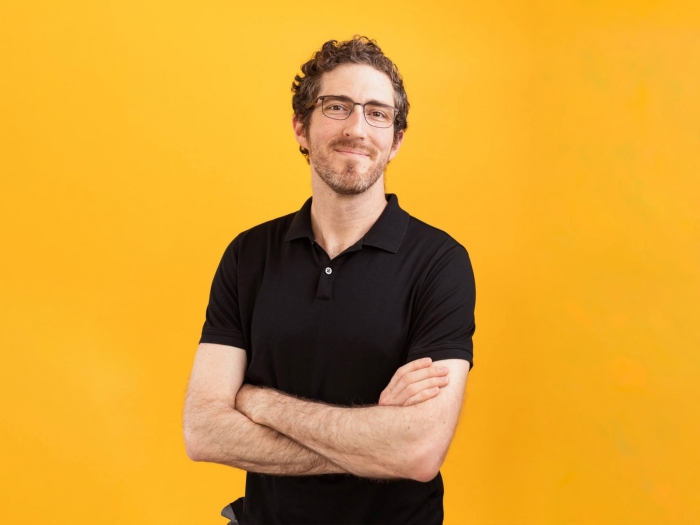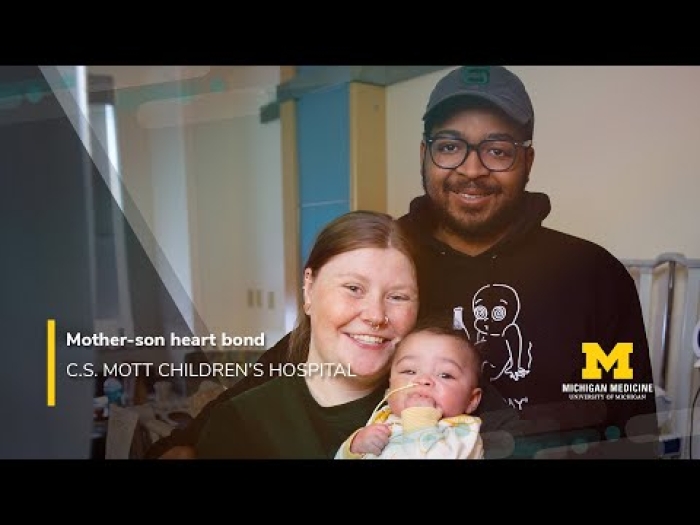Visitors allowed for adult patients only when medically necessary beginning Friday, April 2
Author |
As COVID-19 cases and hospitalizations rise across Michigan, beginning Friday April 2, Michigan Medicine will move to a more restrictive visitor policy similar to earlier in the pandemic.
Michigan Medicine will not allow visitors for adult patients, unless medically necessary. This change is being made to minimize the risk of the spread of COVID-19 to our patients and staff, said Jeffrey Desmond, M.D., chief medical officer at Michigan Medicine.
“At Michigan Medicine, we’ve seen our COVID-19 hospitalizations rise, doubling in the last few weeks to 68 patients today. COVID-19 transmission rates continue to climb,” Desmond said.
“We have also seen rising rates of COVID-19 in the surrounding communities and rising rates of positive tests. The safety of our patients and staff is our top priority, along with doing what we can to minimize the spread of disease. Restricting visitors is not something we do lightly because we know this is difficult for our patients and their families and friends.
“But this step will help us slow the spread and help keep all of our Michigan Medicine facilities safe for everyone.”
Since the beginning of the pandemic, Michigan Medicine has been taking steps to protect staff and patients including screening our patients at our hospitals and clinics for symptoms; moving furniture to encourage social distancing; paying vigilant attention to cleaning and disinfection; and following established guidelines to minimize the spread of disease.
Michigan Medicine’s visitor policies are posted and will be updated here. There are some exceptions for end-of-life and for patients in labor and delivery.
Two parents/caregivers are currently permitted for inpatient hospitalized pediatric patients (under 21 years old), and this will remain the same.
In clinics and outpatient care, one primary caregiver is allowed for pediatric patients unless an additional aide or assistant is required.
In ambulatory care clinics, no visitors will be allowed for adult patients unless the patient has a cognitive or physical impairment that requires assistance.
There is no change to the current visitor policy for outpatient surgery and procedural areas.
Family and visitors are required to wear masks (covering mouth and nose) at Michigan Medicine at all times — even if they have received a COVID-19 vaccine. This includes while they are in a patient room and throughout the facility. Those that are not compliant will not be permitted to stay.
Patients who can tolerate a mask must wear one when a health care worker or visitor is present in their room. Patients in the Emergency Department must wear a mask at all times.
Desmond stressed the importance and the effectiveness of the COVID vaccines. He encouraged everyone to seek out all options – retail pharmacies, mass vaccination sites, county health departments - to get the vaccine and continue to practice vigilant hand-washing and social distancing, even for those vaccinated.
“All vaccines are reducing serious disease, hospitalization and death. Every shot counts. If you are not yet vaccinated, please consider getting your vaccine as soon as possible. We need to work together to stop the spread,” Desmond said.
About Michigan Medicine: At Michigan Medicine, we advance health to serve Michigan and the world. We pursue excellence every day in our three hospitals, 125 clinics and home care operations that handle more than 2.3 million outpatient visits a year, as well as educate the next generation of physicians, health professionals and scientists in our U-M Medical School.
Michigan Medicine includes the top ranked U-M Medical School and the University of Michigan Health System, which includes the C.S. Mott Children’s Hospital, Von Voigtlander Women’s Hospital, University Hospital, the Frankel Cardiovascular Center and the Rogel Cancer Center. Michigan Medicine’s adult hospitals were ranked no. 11 in the nation by U.S. News and World Report in 2020-21 and C.S. Mott Children’s Hospital was the only children’s hospital in Michigan nationally ranked in all 10 pediatric specialties analyzed by U.S. News and World Report for 2020-21. The U-M Medical School is one of the nation's biomedical research powerhouses, with total research funding of more than $500 million.

Department of Communication at Michigan Medicine





